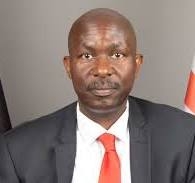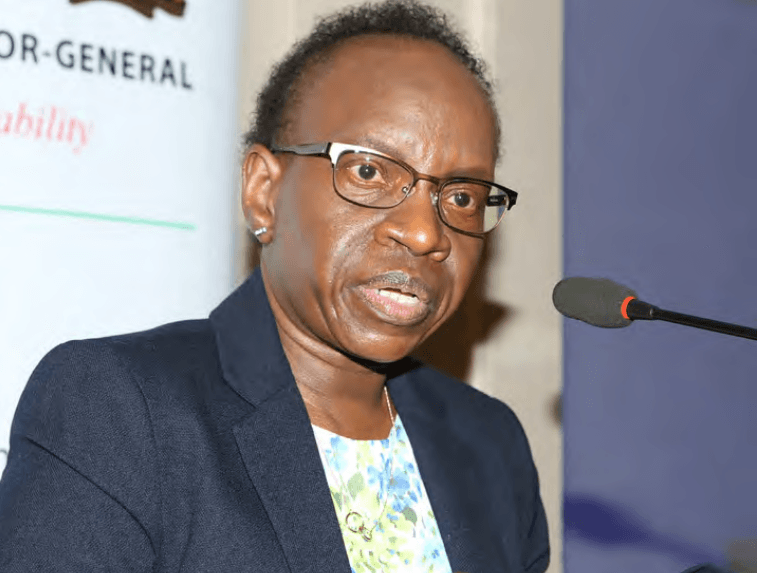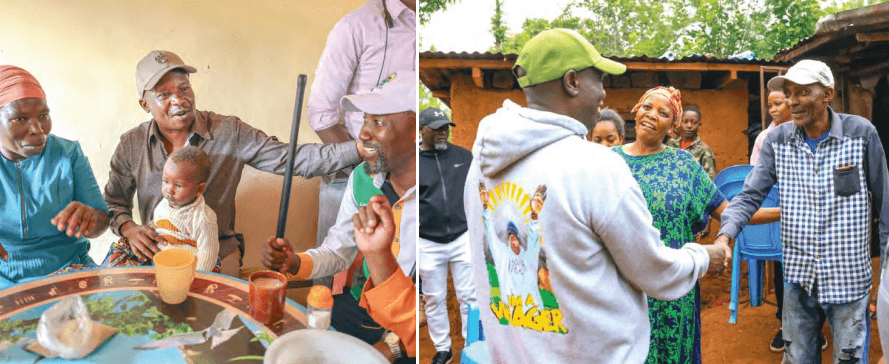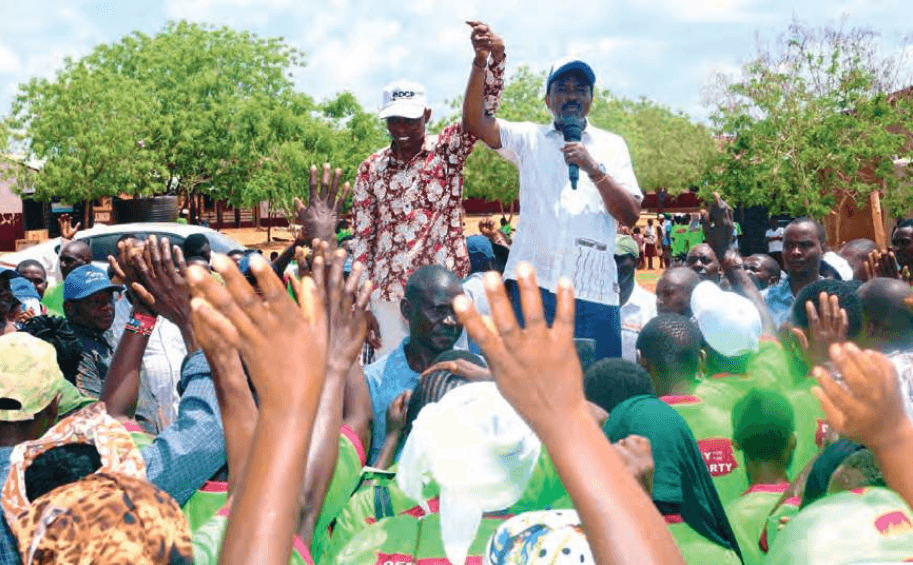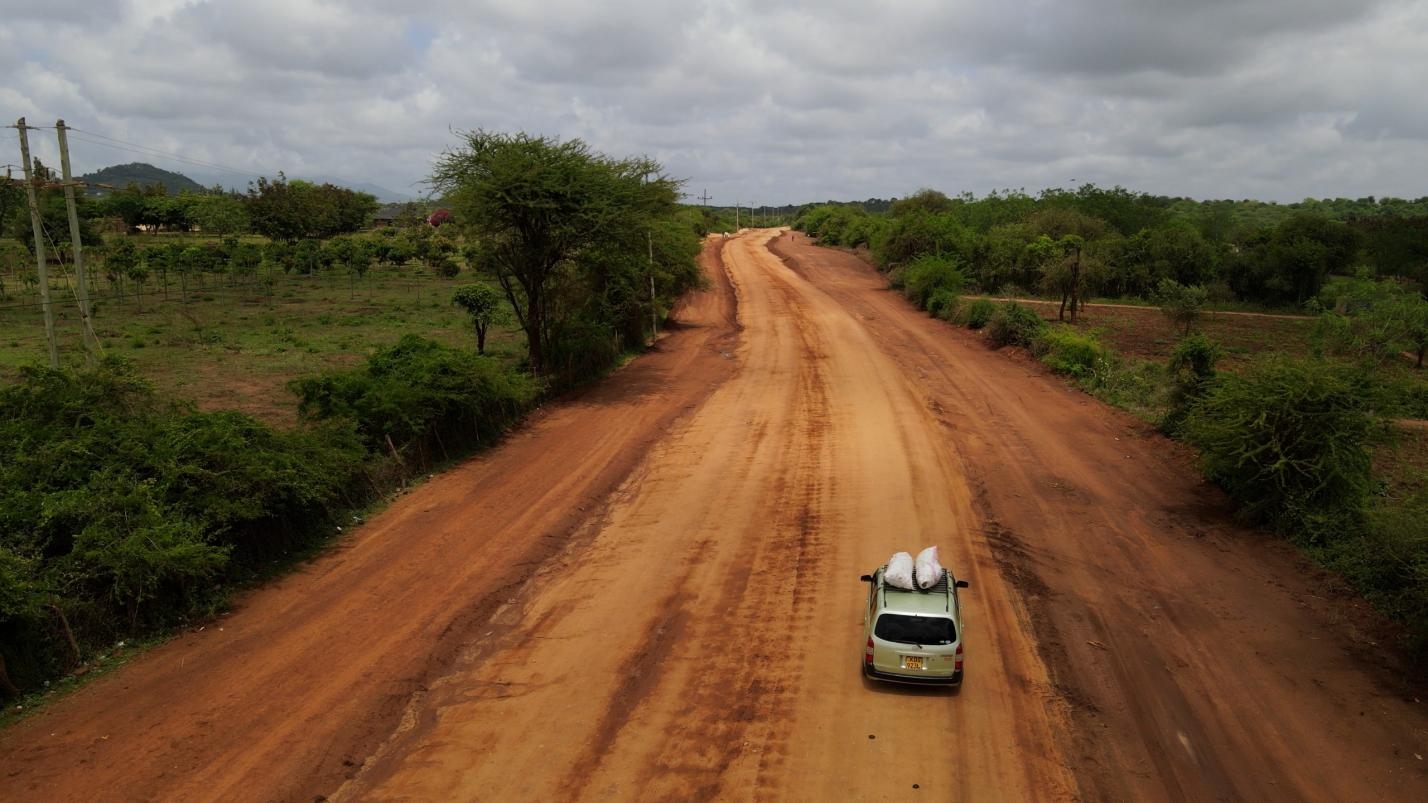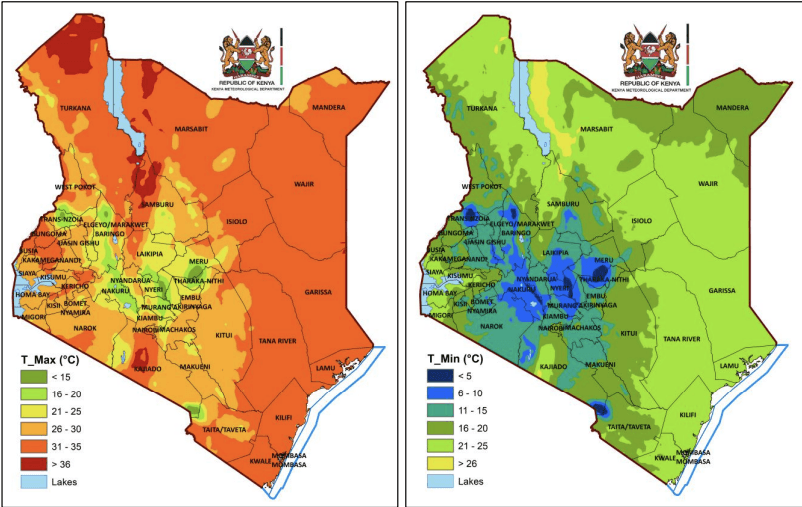The government should prioritise completing stalled projects so they can be of economic value.
You cannot start too many projects and leave them unfinished, so there should be a strategy to complete the ongoing projects.
We have various ongoing road projects; some projects have stalled yet they could be of economic value.
We need to evaluate the economic worth of stalled projects – not all of them will be of productive value, so you can abandon some.
Some projects are of serious economic value which, if you have done them halfway, should be completed to be productive.
For instance, a stalled 50-kilometre road that is part murram and only partially done is not of any value.
Projects that promote small businesses such as markets should be completed. Any project that would generate electricity should also be prioritised.
Water projects are also of economic value.
The other area the government should work on, although its policy is completely in the opposite direction, is how to put money in the pockets of Kenyans.
The government is thinking of housing, but it might not be the case.
The first thing to do is to increase Kenyans' disposable income. The moment you increase disposable income you will certainly stir economic growth in the whole economy because the demand for goods and services will be high.
When demand for goods and services is high, private investors will automatically invest in the country.
This will create more jobs increasing economic power. The spiral effect is more manufacturing to meet the demands of these additional resources in people's pockets.
We would like to see more money put in people's pockets, probably even give them cash transfers.
The government should not start huge projects with long-term benefits that may not even be realised.
The payback period of these mega projects may be inordinately long.
Public Accounts Committee chairman spoke to the Star







